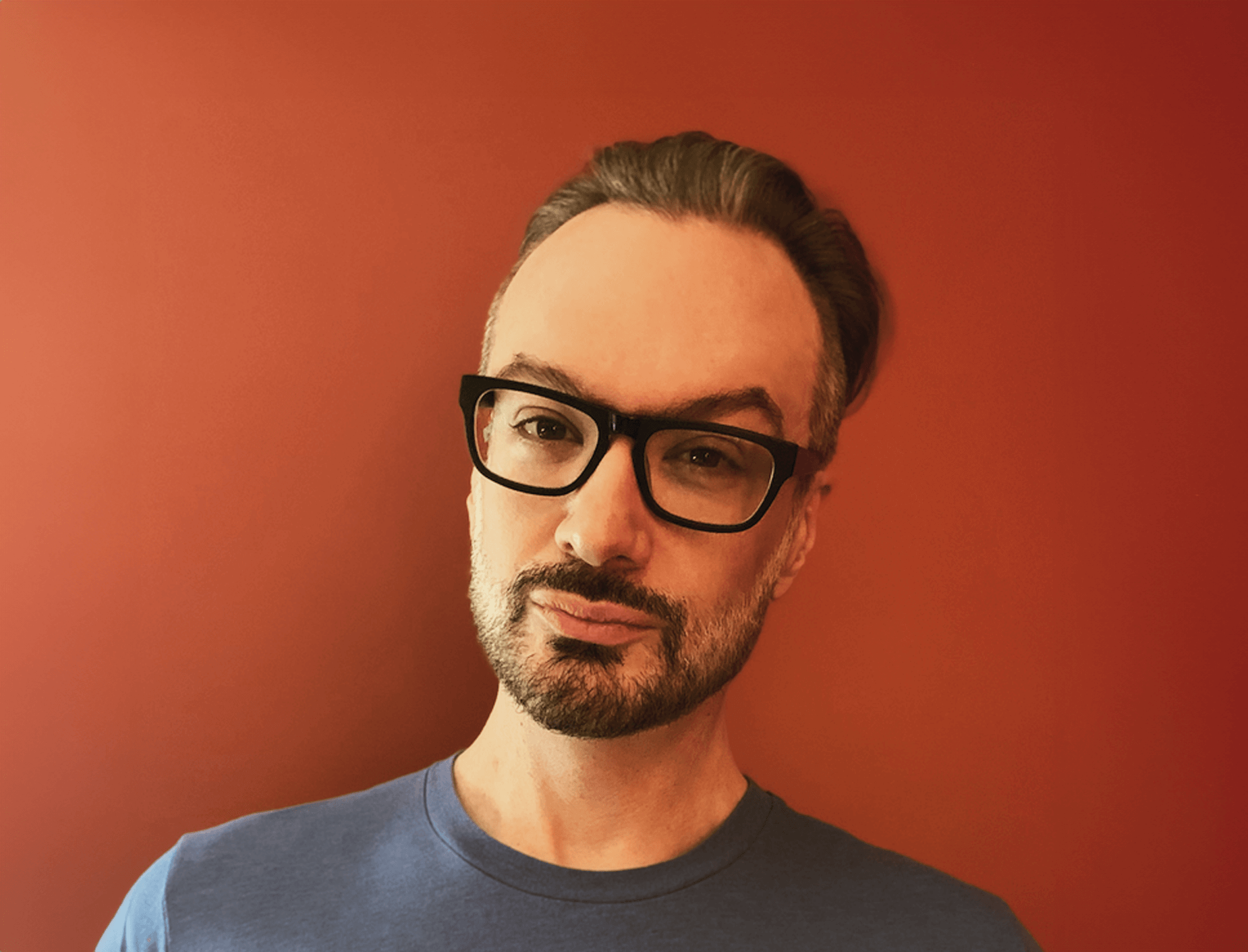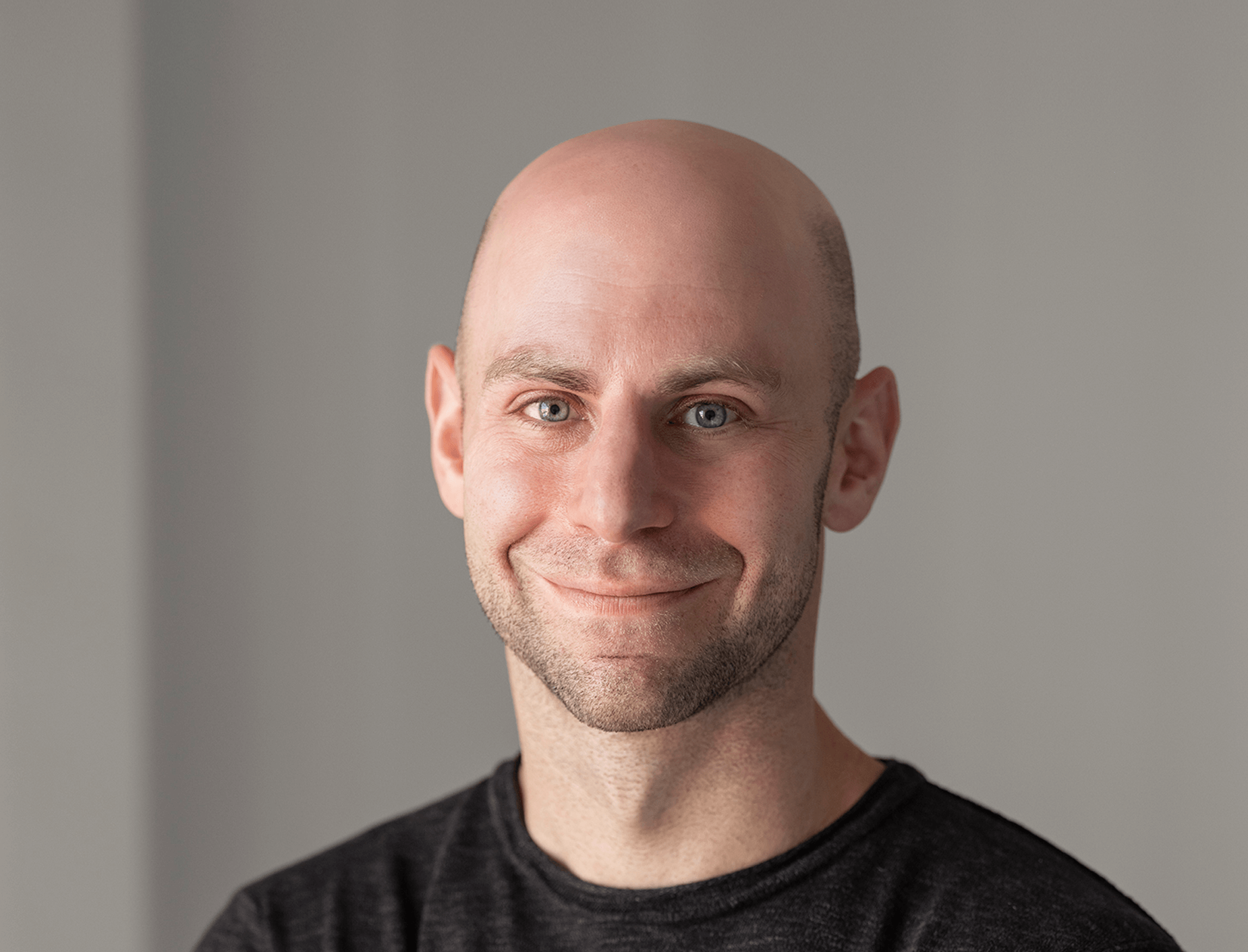Listen or subscribe to our podcast on your favorite podcast provider!
Episode description
Can people with different values sit around a table and make good decisions together? Lee Failing, Partner, Engineer and Decision Analyst at Compass Resource Management, believes that they can. Lee is an expert in group decision-making and works with government agencies and community groups brought together to face controversial complex social and environmental dilemmas. She joins your host, Executive Director of the Alliance for Decision Education Dr. Joe Sweeney, to discuss turning conflict into creative solutions, how our values and beliefs can change more than we think, and her excitement about seeing decision skills catch on in the classroom. You’ll also learn why difficult conversations about our values are essential, if we are serious about crafting solutions that work for everyone.
To listen to more episodes, visit The Decision Education Podcast homepage.







